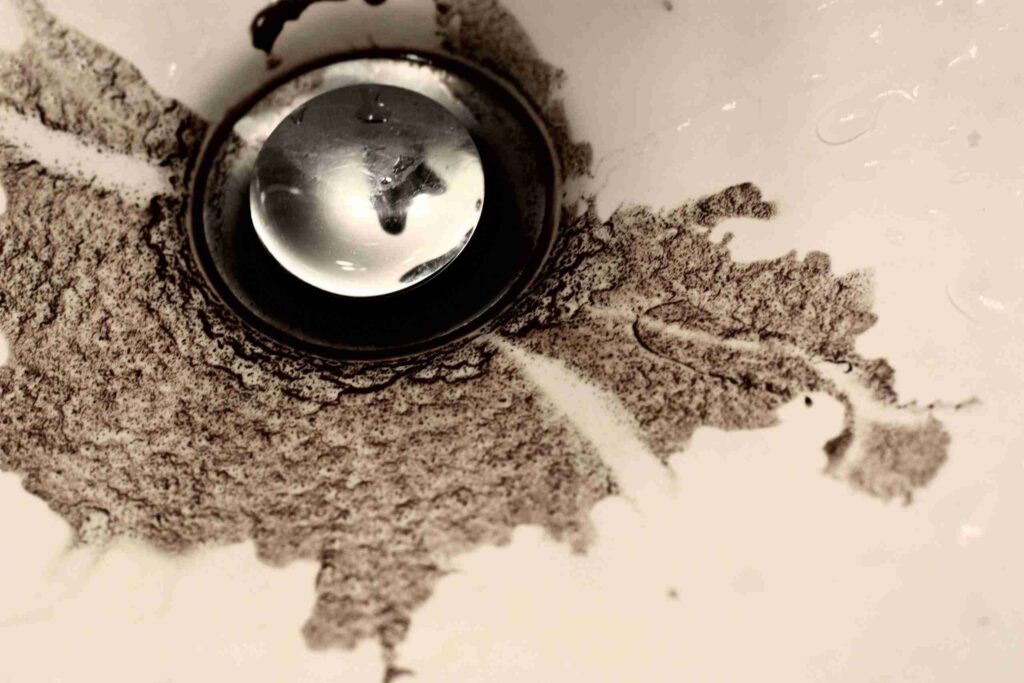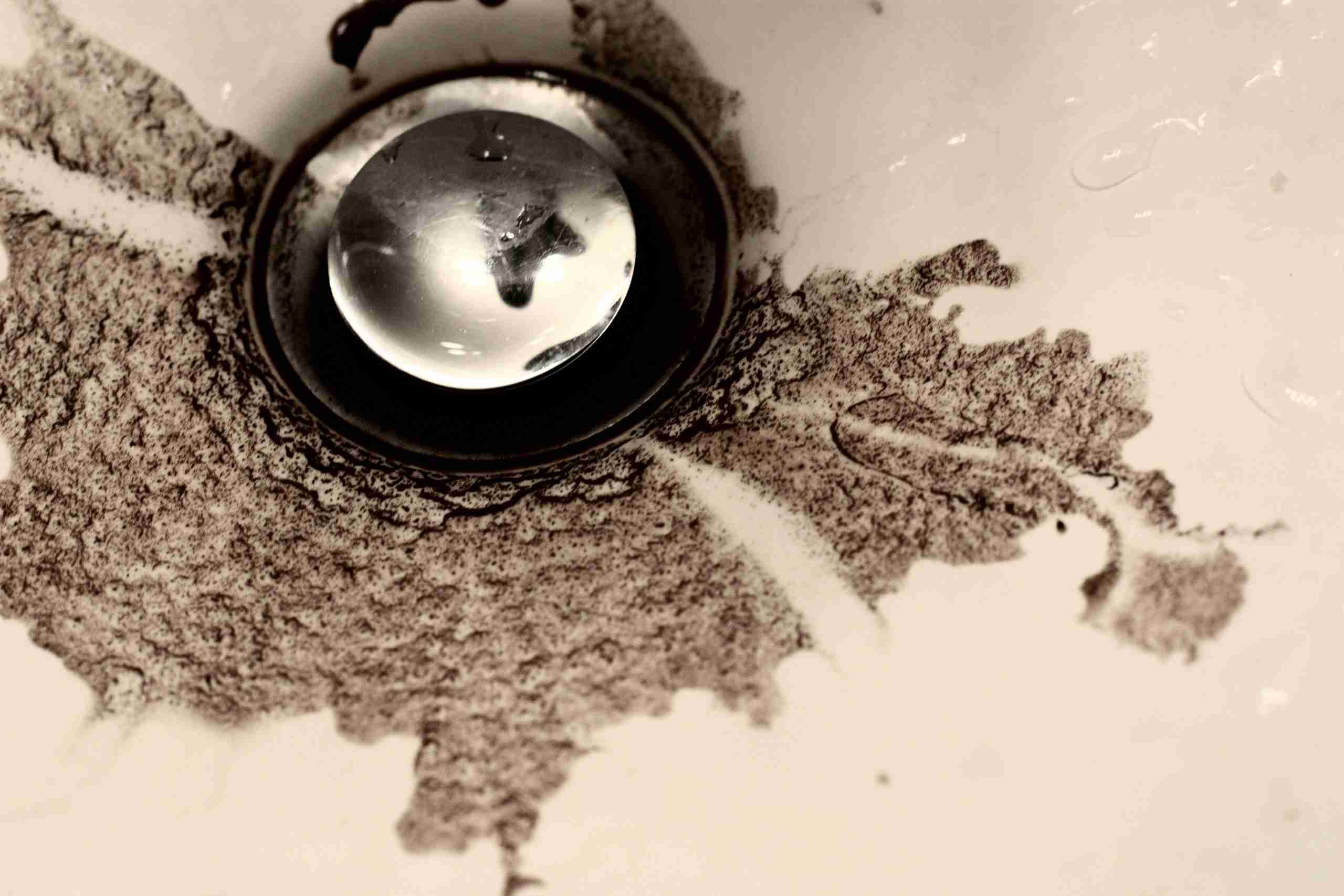
Is It Safe to Put Coffee Grounds Down the Sink? A Deep Dive into Plumbing Problems and Environmental Concerns
The morning ritual of brewing coffee is a staple for many, a comforting start to the day. But what happens to the remnants of that beloved beverage? Specifically, is it safe to put coffee grounds down the sink? This seemingly innocuous act can have significant consequences for your plumbing and the environment. This article will delve into the potential hazards, explore alternative disposal methods, and provide a comprehensive understanding of why you might want to reconsider this common practice.
The Plumbing Perils of Coffee Grounds
Coffee grounds, while seemingly fine, pose a significant threat to your home’s plumbing system. Their abrasive nature and tendency to clump together create a perfect storm for clogs and other costly problems. Understanding the mechanics of these issues is crucial to making informed decisions about waste disposal.
The Clogging Culprit: How Coffee Grounds Block Pipes
The primary issue with putting coffee grounds down the sink is their physical composition. Unlike liquids that easily flow through pipes, coffee grounds are solid particles. When mixed with water, they don’t dissolve; instead, they tend to settle and accumulate. This accumulation begins to restrict the flow of water, gradually building up and creating a clog. This is particularly problematic in older homes with narrower pipes.
The Abrasive Action: Damage to Pipes and Drains
Coffee grounds, even when wet, are slightly abrasive. As they travel through your pipes, they can contribute to the wearing down of the pipe’s interior surface, especially in older pipes made of materials like cast iron. This gradual erosion can lead to leaks and, eventually, the need for costly repairs or even pipe replacement. The abrasive action is amplified by the presence of other debris that might also be present in the drain.
The Grease Factor: Coffee Grounds and Grease Collusion
The problem is often compounded by the presence of grease and oil, which are common culprits in drain clogs. When coffee grounds mix with grease, they create a sticky, solid mass that is even more difficult to dislodge. This combination can quickly lead to a complete blockage, requiring professional intervention. This is a particularly dangerous combination, and it is important to avoid pouring grease down the drain as well.
Environmental Concerns: Beyond Your Pipes
The impact of putting coffee grounds down the sink extends beyond your home’s plumbing. The environmental ramifications of this practice are also worth considering. While coffee grounds are biodegradable, their disposal in this manner can contribute to environmental problems.
The Waste Treatment Dilemma: Challenges for Sewage Systems
When coffee grounds enter the sewage system, they can overwhelm the waste treatment process. They contribute to the solid waste load, potentially hindering the efficiency of the treatment plant. This can lead to increased operational costs and a less effective treatment process, potentially releasing more pollutants into the environment. The sheer volume of grounds from a community can become a significant burden.
The Soil Impact: Potential for Nutrient Imbalance
While coffee grounds can be beneficial as compost, their direct entry into the sewage system bypasses this potential. Moreover, the concentration of coffee grounds in wastewater can disrupt the natural balance of nutrients in the soil when the treated wastewater is used for irrigation or discharged into waterways. This imbalance can affect plant growth and the overall health of the ecosystem.
Alternative Disposal Methods: Safer and More Sustainable Choices
Given the potential problems associated with putting coffee grounds down the sink, exploring alternative disposal methods is crucial. Several options are both safer for your plumbing and more environmentally friendly.
Composting: A Natural Solution
Composting is an ideal method for disposing of coffee grounds. Coffee grounds are rich in nutrients, making them a valuable addition to your compost pile. They can improve soil structure, retain moisture, and provide essential nutrients for plants. Simply add the used grounds to your compost bin along with other organic materials like food scraps and yard waste. This method transforms a potential waste product into a valuable resource for your garden. This is one of the best ways to deal with your used coffee grounds.
Gardening: Direct Application to Plants
Coffee grounds can be used directly in your garden. They can be sprinkled around the base of plants as a natural fertilizer and pest repellent. However, it’s important to use them in moderation, as excessive amounts can alter the soil’s acidity. Coffee grounds can also be mixed into the soil to improve drainage and aeration. This is a great way to give back to nature.
Trash Disposal: A Last Resort
If composting or gardening isn’t an option, disposing of coffee grounds in the trash is a less harmful alternative than putting them down the sink. While this method still sends the grounds to a landfill, it avoids the immediate plumbing and environmental problems associated with drain disposal. Ensure the grounds are dried to minimize odor before discarding them. This is the least desirable method, but still better than the drain.
Addressing Common Misconceptions
There are several misconceptions regarding the disposal of coffee grounds. Addressing these can help clarify the issue and promote responsible waste management.
Myth: Coffee Grounds Dissolve in Hot Water
A common misconception is that hot water will dissolve coffee grounds. This is incorrect. Coffee grounds are solid particles that do not dissolve. While hot water may help to break up some clumps, it won’t eliminate the risk of clogging your drain. The grounds will still eventually settle and accumulate, leading to potential problems. The best way to deal with coffee grounds is to avoid putting them in the sink.
Myth: Garbage Disposals Can Handle Coffee Grounds
While garbage disposals can grind up food waste, they are not designed to handle large quantities of coffee grounds. The grounds can still accumulate and clog the disposal unit or pipes downstream. Even with a garbage disposal, it is not safe to put coffee grounds down the sink. They will still cause problems eventually.
Conclusion: Making the Right Choice
In conclusion, is it safe to put coffee grounds down the sink? The answer is a resounding no. The potential for plumbing problems, combined with the environmental concerns, makes this practice undesirable. By embracing alternative disposal methods like composting or gardening, you can protect your plumbing, contribute to a healthier environment, and transform a potential waste product into a valuable resource.
The responsible disposal of coffee grounds is an easy step towards a more sustainable lifestyle. By understanding the risks and embracing better alternatives, you can make a positive impact on both your home and the planet. Consider the long-term consequences and make informed decisions about how you handle your daily routines.
Remember, the small choices we make can have a significant impact. Making a conscious effort to avoid putting coffee grounds down the sink is a simple yet effective way to protect your home, your wallet, and the environment. Consider the alternative methods mentioned above and make the switch today. This simple change can make a big difference.
So, next time you brew a cup of coffee, think about the grounds and where they will end up. Make the responsible choice and protect your plumbing and the environment.
Ultimately, avoiding putting coffee grounds down the sink is the best practice for both your plumbing and the environment.
The best advice is to never put coffee grounds down the sink.
Coffee grounds can be a serious problem for your pipes, so avoid putting them down the sink.
This article has explored why it is not safe to put coffee grounds down the sink.
Therefore, it is best to avoid putting coffee grounds down the sink.
Choosing alternative disposal methods is the best solution to prevent the negative effects of putting coffee grounds down the sink.
To summarize, do not put coffee grounds down the sink.
In essence, it is not advisable to put coffee grounds down the sink.
This article has provided a clear understanding of why you should not put coffee grounds down the sink.
The key takeaway is to never put coffee grounds down the sink.
[See also: How to Unclog a Drain Naturally] [See also: The Best Compost Bins for Small Spaces] [See also: Eco-Friendly Cleaning Products for Your Home]


